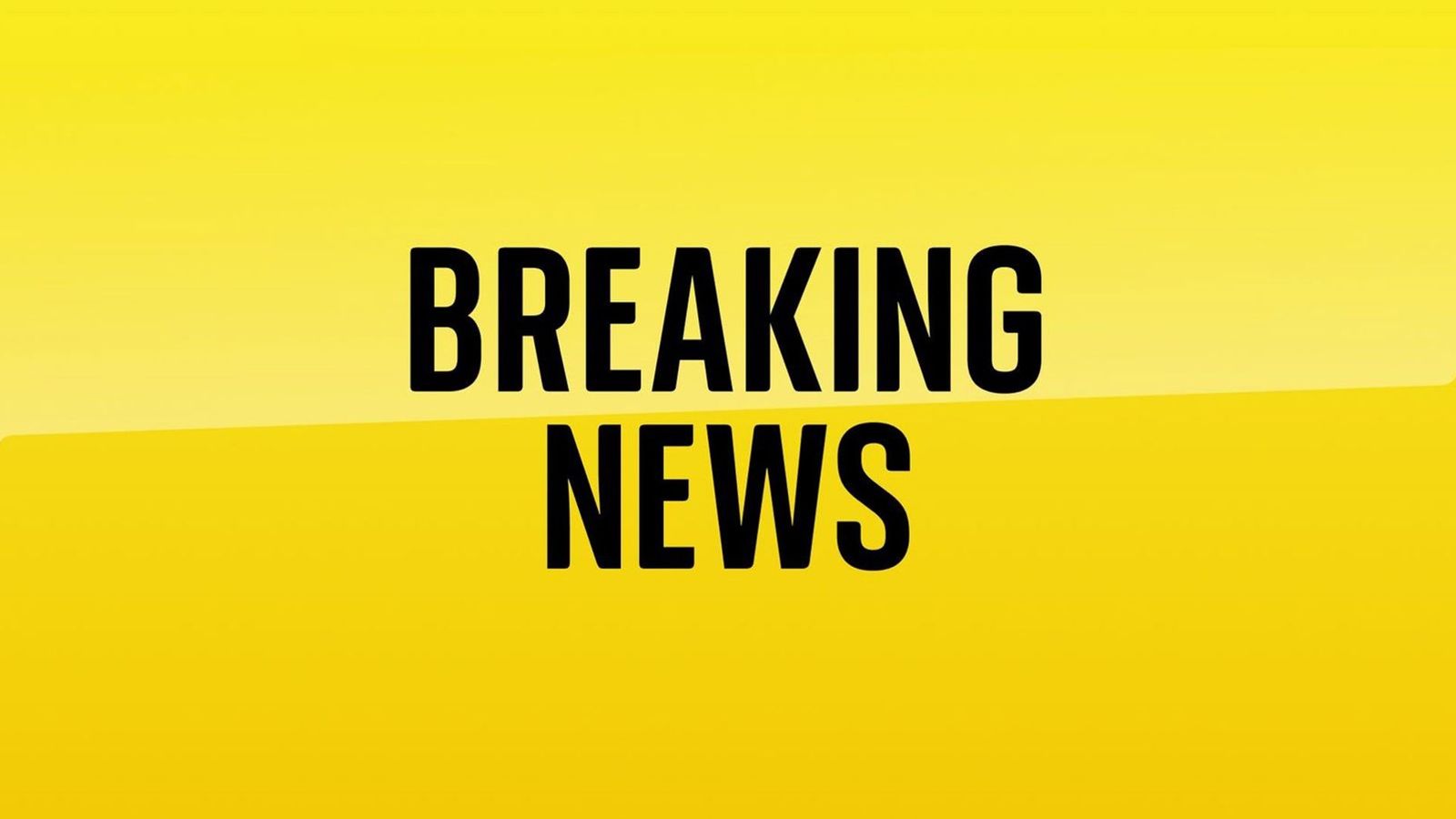Millions of UK public sector workers including teachers and doctors to get pay rises

Millions of UK public sector workers, including teachers and doctors, will get pay rises of 6% or more after Rishi Sunak decided to accept the recommendations of independent pay review bodies.
The bodies had suggested pay rises of between 6% and 6.5% for 2023-24, at a potential cost of £5bn.
Mr Sunak met Jeremy Hunt, the chancellor, to thrash out the decision this morning, which involves around 45% of the public sector, but does not include the majority of civil servants.
The pay increases each public sector will receive are as follows:
PM speaks after decision on public sector pay rises – follow live
The Treasury has stressed the pay rises will be funded through existing departmental budgets, prompting fears from unions of fewer resources for those working in the public sector.
Ministers are due to give updates on the NHS, police, teachers, the armed forces and the justice system today.
Within the NHS, the decision affects nurses, porters, cleaners, paramedics, physiotherapists, 999 call handlers, midwives, security guards and junior doctors.
The decision comes as junior doctors kick off the longest strike in NHS history, with young medics walking out from 7am today and returning on Tuesday.
Members of the British Medical Association (BMA) want their pay to be raised by about 35% – a figure Health Secretary Steve Barclay has described as “not fair or reasonable”.
Advertisement
But the BMA today called on the government to return to negotiations.
“We have to get back to talks,” it said.
“The government’s refusal to talk with junior doctors in England who have strikes planned is out of keeping with all norms of industrial action.
“We can call this strike off today if the UK government will simply follow the example of the government in Scotland and drop their nonsensical precondition of not talking whilst strikes are announced and produce an offer which is credible to the doctors they are speaking with.”
Meanwhile, teachers from the NASUWT union in England plan to stage continuous action short of strikes starting in September, although its members could still walk out in the autumn if the row continues.
Over the weekend there had been reports of a cabinet split over public sector pay, with The Times reporting that five cabinet ministers had been urging the prime minister to accept the recommendations of the independent pay review bodies in an bid to put an end to a damaging series of strikes.
However, the prime minister had previously warned he would be prepared to ignore the recommendations, saying workers “need to recognise the economic context we are in” amid fears that pay rises could fuel inflation.
If Mr Sunak approves the plans, each department will publish the independent review body reports and endorse their recommendations.
These rises could potentially halt further strike action if union members decide to accept them.
The highest award is expected to be handed to police – of around 7% – while doctors, dentists, prison staff, the armed forces and senior public officials are also up for a rise.